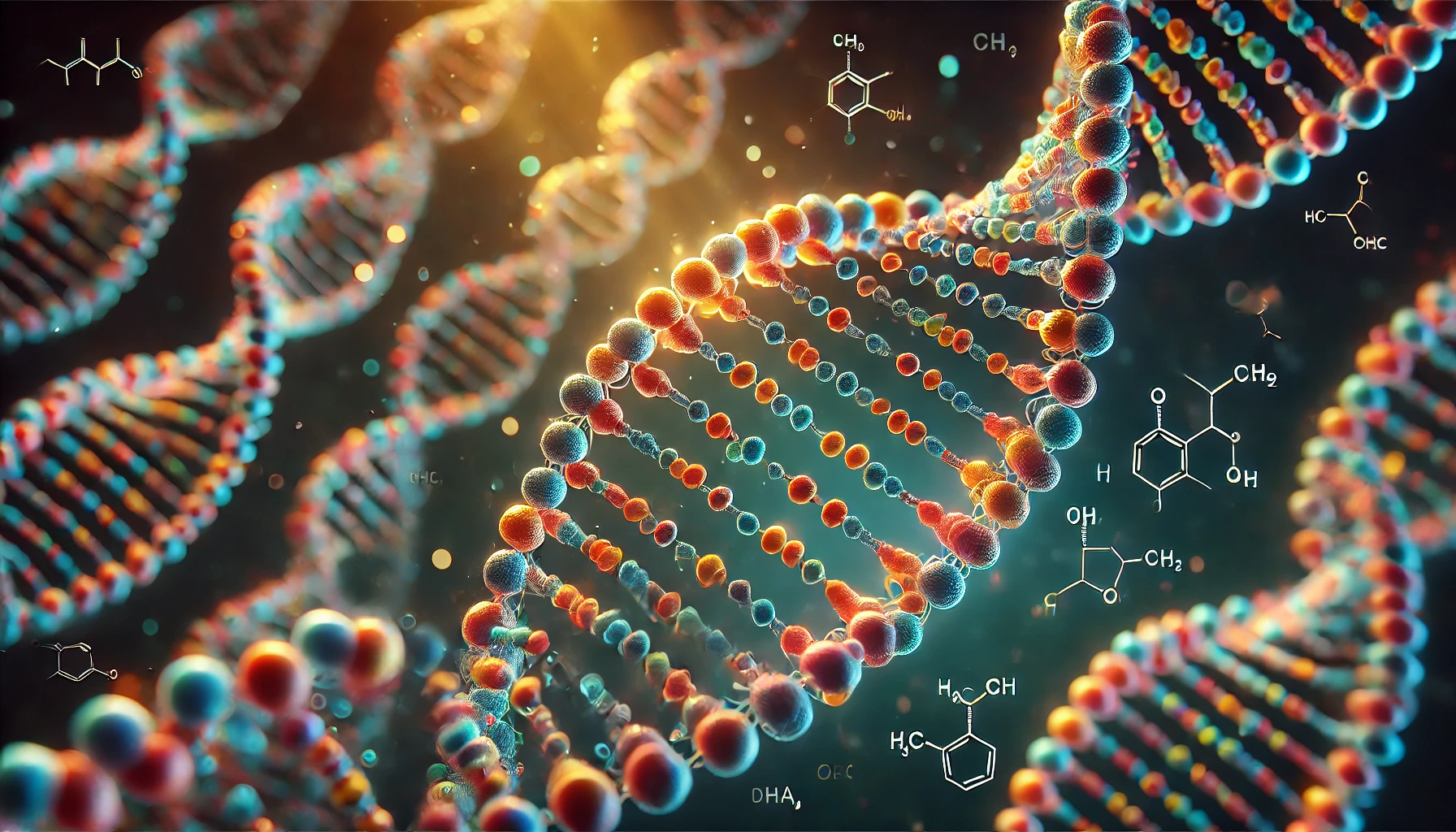Gilead and Tubulis Partner for $465M ADC Development Targeting Solid Tumors

Gilead Sciences' strategic move into ADC development marks a significant shift as the company partners with Tubulis to enhance its oncology portfolio. The partnership, which includes a $20 million upfront payment with potential for an additional $30 million, allows Gilead to tap into Tubulis' innovative Tubutecan and Alco5 platforms. These platforms are instrumental in developing ADCs such as TUB-040 and TUB-030, which have already demonstrated tumor reduction in preclinical models of various cancers[1]. This collaboration aligns with Gilead's ongoing efforts to recover its standing in the ADC market following previous setbacks, including the withdrawal of Trodelvy in bladder cancer and a failed Phase III trial in non-small cell lung cancer. By leveraging Tubulis’ cutting-edge technology, which focuses on enhancing ADC stability and reducing toxicity, Gilead aims to deliver next-generation therapies that could revitalize its involvement in the oncology sector[2].
References
Explore Further
What specific solid tumor types are Gilead and Tubulis targeting with their new ADC developments?
How does Tubulis' Tubutecan platform improve the stability and reduce the toxicity of ADCs?
What are the potential risks or challenges Gilead may face in the development and commercialization phase of these ADCs?
How did Tubulis attract interest and investment from major entities like Bristol Myers Squibb prior to this partnership?
What previous setbacks have affected Gilead's position in the ADC market, and how does this partnership aim to address them?